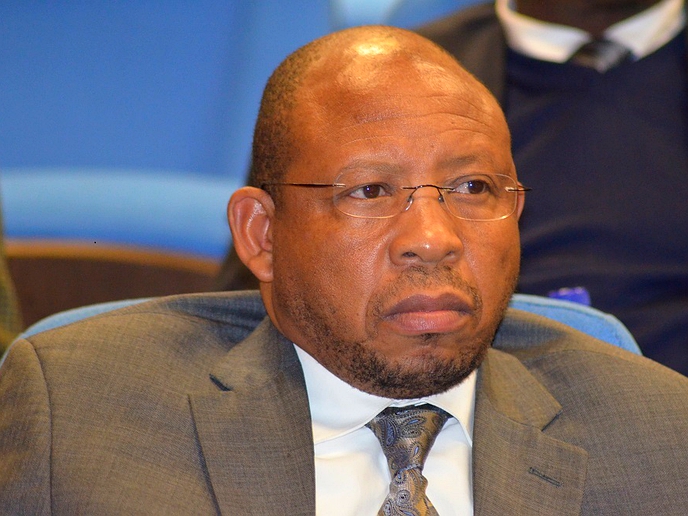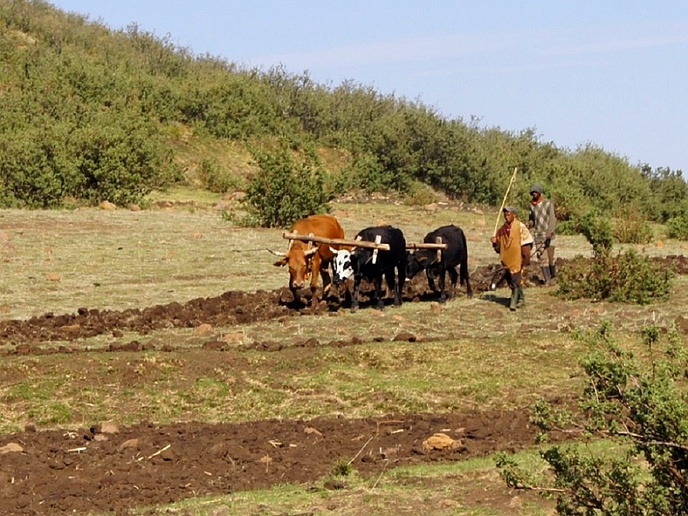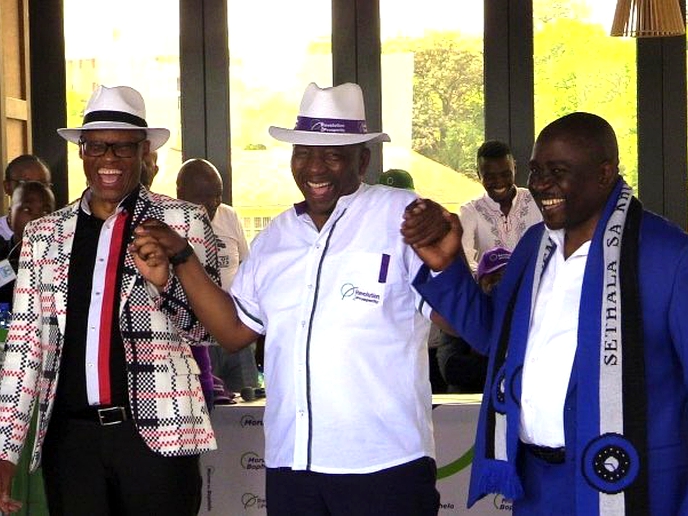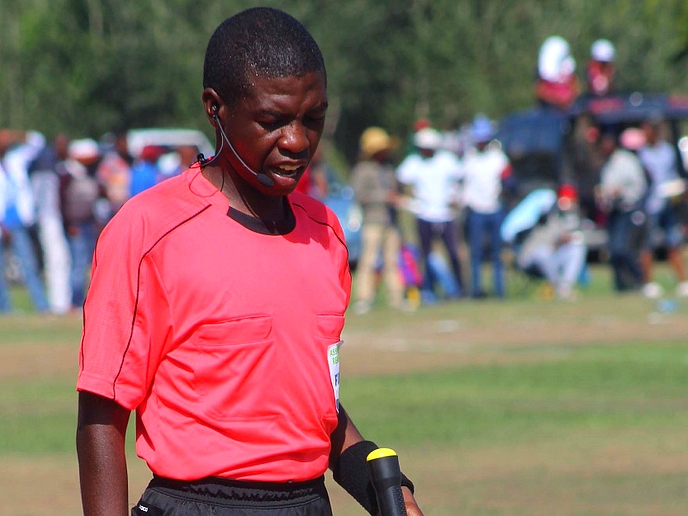THIS week we celebrated World Radio Day as an integral part of society despite the advances made through digital technology. Indeed, Lesotho has come a long way with radio technology where many have used it for decades without the use of electricity.
comments
Feb. 18, 2022
EDITOR
3 min read
The power of radio
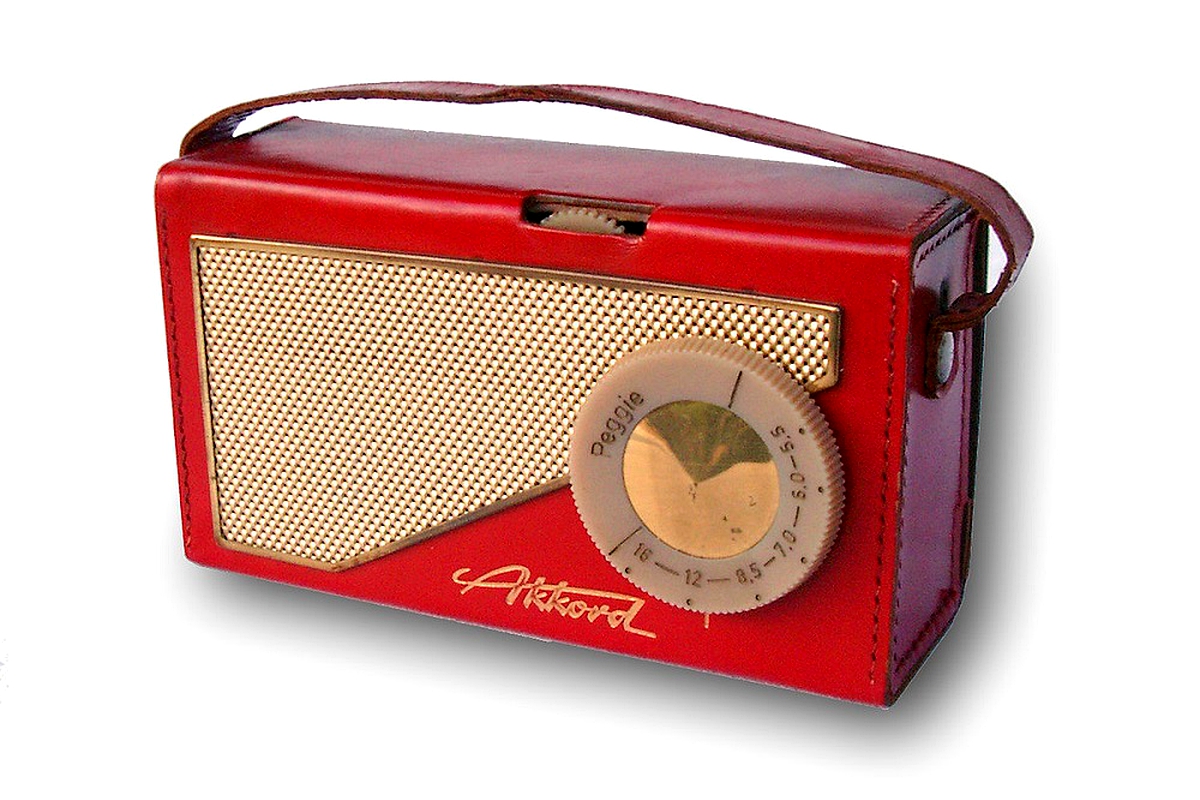
Transistor radio
Story highlights
All sorts of radios have been used over the years and were powered by small batteries such as R20, PP9 and PP10. Of course, car batteries were also used to power the radios albeit at a much higher cost as they were more expensive to buy and recharge.
Through radio, listeners have been able to air their views and vent their anger at authorities all the same and the seeds of the freedom of expression were sown in the process.
According to an Afrobarometer survey of 34 African countries published in 2019, radio is ahead of television, print media and the internet as the most widely used news medium. And if you look more deeply into the African media landscape and infrastructure, it’s easy to see why.
Enjoy our daily newsletter from today
Access exclusive newsletters, along with previews of new media releases.
Otherwise, radio in Lesotho has not been spared the trouble of court litigations and some of the radio stations have closed down owing to the court cases if not insolvency.
And while it is true that print media can reach communities where there is limited power or connectivity, literacy in Africa remains a struggle. A recent African Union (AU) study found that more than a third of African adults cannot read or write, making newspapers and magazines inaccessible for many people too.
Better still, older people still prefer listening to their portable old fashioned radios as opposed to those that come in gadgets of the hand-held cell phones. Steve Jobs could be turning in his grave that the older folks are ungrateful with all the applications that come with the smart phones.
Anyway, his consolation would be the massive adoption of the technology by the younger generation whose lives revolve much around the latest technology.
|
Radios, on the other hand, are affordable and portable. In all 54 countries of the continent, people rely on them to stay up-to-date with what is happening in their communities, countries and around the world. Put simply, radios are essential to Lesotho people. They go where newer technologies can't reach. They travel beyond electricity and mobile range, and overcome stubborn barriers caused by poor literacy and education. For millions of Lesotho people, their radios are their lifeline. Their connection to the outside world. World Radio Day was an opportunity for all people to come together and recognise the important role radio plays in Lesotho and Africa as radio has always been an integral part of the African mass media. |
Tailored for you



